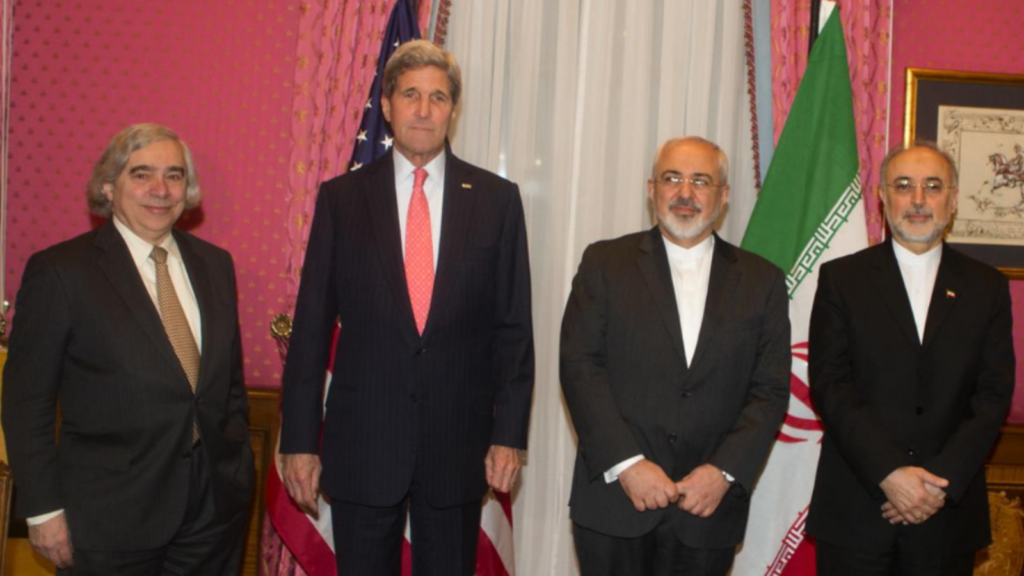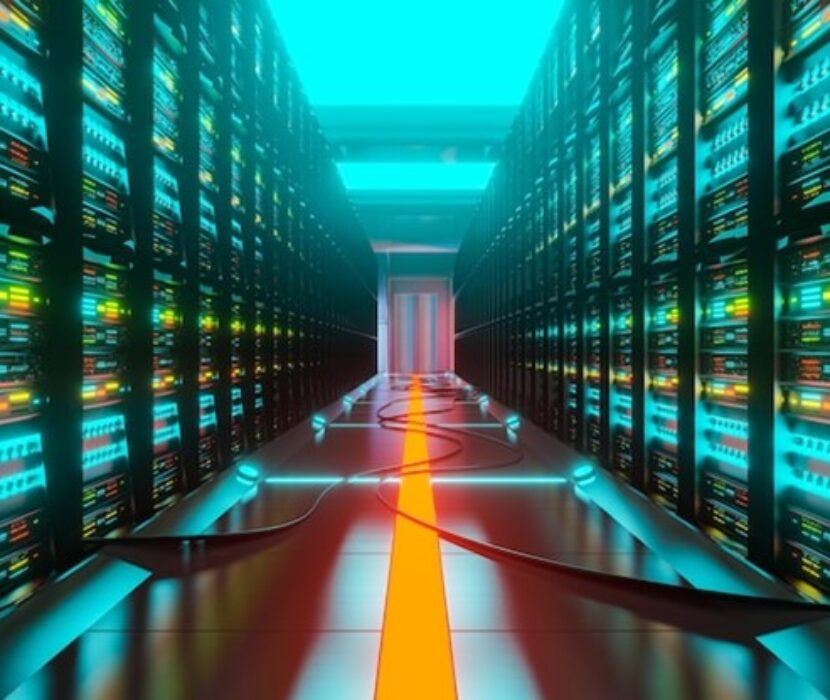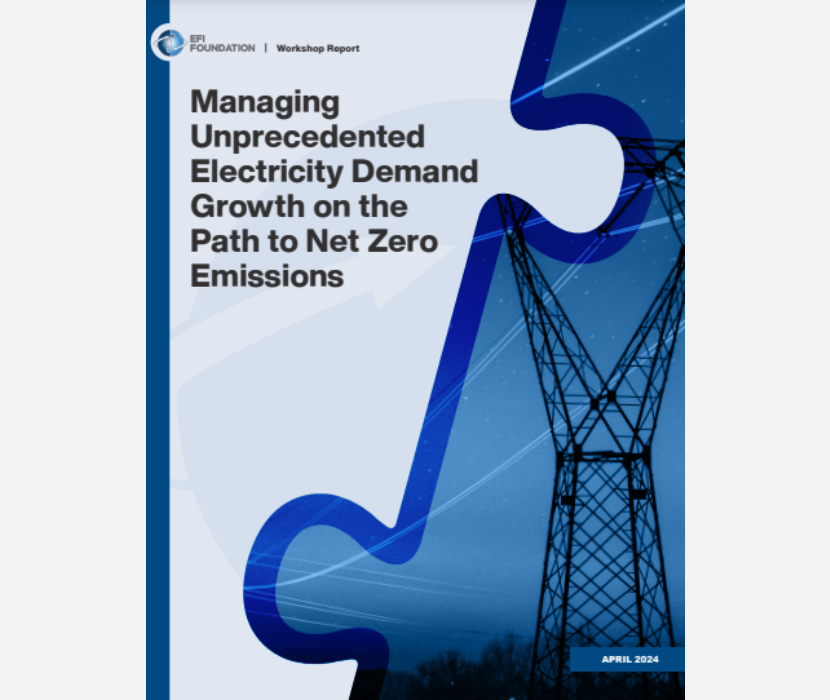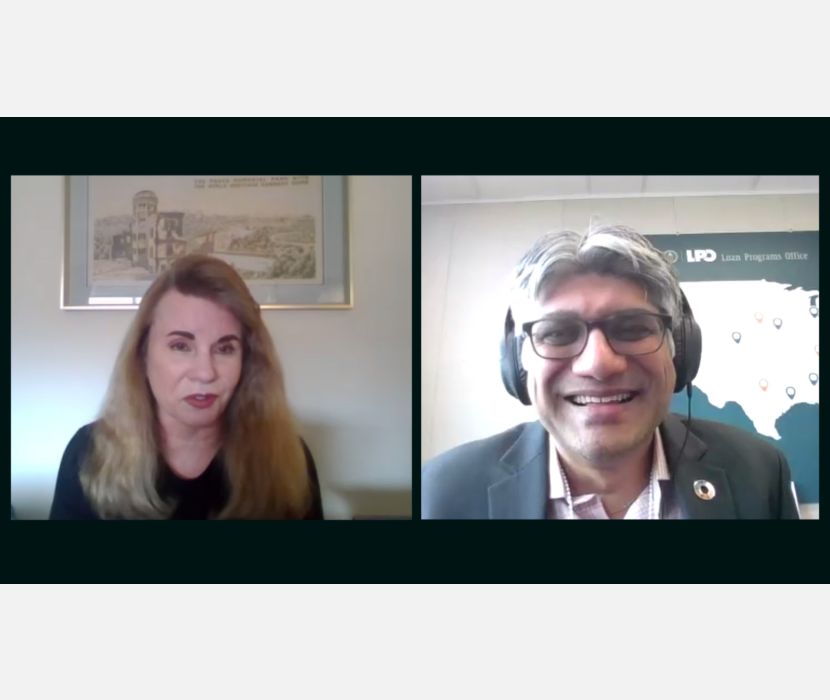
On August 1, 2023, EFI Foundation President and CEO Ernest Moniz joined Issues in Science and Technology Editor-in-Chief Lisa Margonelli on the podcast, The Ongoing Transformation. They discussed how to foster science diplomacy and international scientific collaboration despite rising U.S.-China geopolitical tensions, as well as how to increase supply chain reliability.
To explain the concept of science diplomacy, Moniz reflected on his experiences as energy secretary negotiating the 2015 Iran Nuclear Deal with Ali Akbar Salehi, who was then head of the Atomic Energy Organization of Iran. He said that thinking like a scientist encouraged science diplomacy.
“[Salehi] and I were able to define the problem the way scientists do right up front,” Moniz said. “We knew that we had our boundaries and guardrails in ways that were consistent with reaching a solution.”
Moniz also emphasized the importance of personal relationships in science diplomacy. He discussed how the shared experiences of being a Massachusetts Institute of Technology (MIT) alumnus and having grandchildren helped him build trust with Salehi.
“I was able to take some baby gifts from the MIT bookstore for his granddaughter. One of them was the pure, absolute pinnacle of MIT, nerd-like behavior,” Moniz said. “[It was] a pink onesie for his granddaughter, which had two chemical elements, one on each shoulder. One was copper, which you probably know is CU [on the periodic table of elements], and tellurium, TE, [which together spelled] cute. Between two MIT nerds, this was a strong bonding experience.”
Moniz also discussed how personal relationships enabled scientific exchanges to continue between the United States and China amid increasing geopolitical tensions.
“The reality is we had decades of very strong interaction,” he said. “There are many Chinese former graduate students or postdocs who are in the United States or back in China, maintaining strong scientific connections. Today, it is true that a number of scientists are being extremely careful and more reticent than they need to be with regard to exchanges, but [these exchanges are] fundamentally still there.”
Moniz spotlighted how discussions about supply chain challenges have become too narrowly focused on geopolitical disruptions. He said that extreme weather events, global pandemics, and other natural phenomena can cause disruptions. He explained that countries and regions should work together to ensure supply chain reliability as the world researches, develops, and deploys new technologies.
– Georgia Lyon, Communications Associate
(Share this post with others.)




